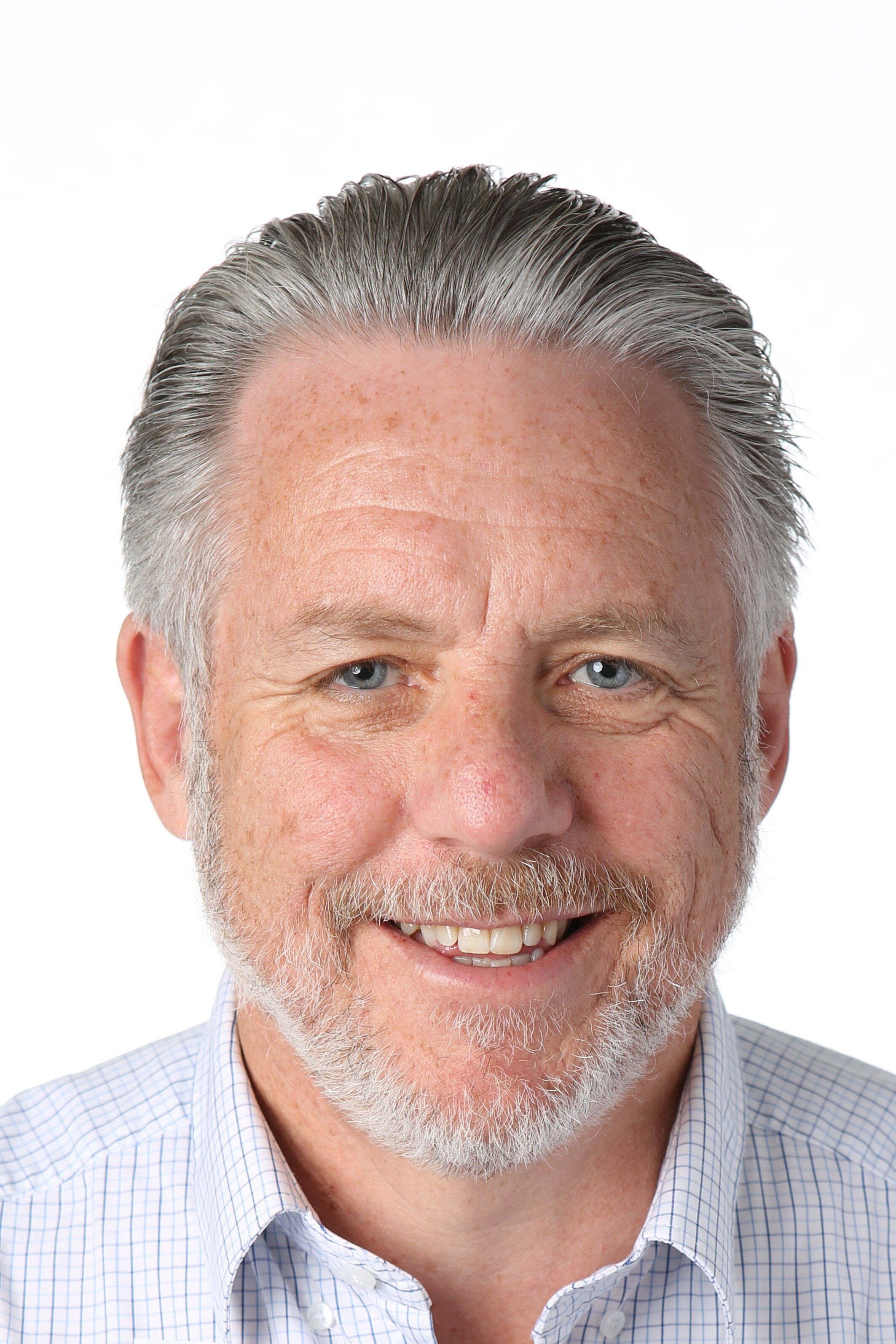
MORE ABOUT THE VIRTUAL
Columbia Coaching
Conference
The 4th Bi-Annual Theme:
Advancing Frontiers in Coaching
Since the conference format shift from in-person to be fully virtual in June 2021, the Conference Leadership Team has been exploring the exciting possibilities this new format brings to the conference.
Join us October 13-15, 2021 to convene to push our thinking,
extend our capabilities, and co-create new research, theories and approaches.
Conference Highlights
Join hundreds of attendees and world-renowned speakers for the latest in coaching research, experiential learning, coaching demos, and provocative conversations from leading organizations!
Hundreds of Attendees
World Class Speakers
Experiential Learning
Get your hands dirty
and learn by doing.
Papers
Symposium
Cutting edge coaching theory and research.
Provocative Conversations
Topical dialogues to challenge thinking & approaches.
Coach
Demos
See coaching
techniques in action.
Organization Panel
Modern Practices from Leading Organizations
Meet The Keynote Speakers
Dr. Tatiana Bachkirova,
Michael J. Cavanagh, Dr. Nicky Terblanche, Dana E. Crawford, PhD, and Jonathan Passmore
Tatiana Bachkirova is a Professor of Coaching Psychology and Co-Director of the International Centre for Coaching and Mentoring Studies at Oxford Brookes University. She also leads an internationally renowned program of Advanced Study in Coaching Supervision.
Tatiana is a recognized author, international speaker, active researcher, and holder of many achievement awards from various professional bodies for her distinguished contribution to coaching and coaching supervision.
Michael J Cavanagh is an internationally recognized academic, practitioner, and consultant in the fields of leadership and coaching psychology. His work focuses on preparing leaders, teams and coaches to work effectively and sustainably in complex settings. In his academic work, he is the Deputy Director of the Coaching Psychology Unit at the University of Sydney (Australia) and Visiting Professor at Middlesex University (UK). He has coached leaders and managers from a diverse range of public and private, national and multinational organizations.
Along with numerous publications in peer-reviewed press, Michael is the principal author of the Standards Australia Handbook of Organizational Coaching. He is also the Australian editor of the International Coaching Psychology Review.
Dr. Nicky Terblanche is a senior lecturer and research supervisor on the MBA, MPhil Coaching and PhD programmes at the University of Stellenbosch Business School (USB), South Africa. His academic interests include both leadership coaching and information system.
He also runs an executive and leadership coaching practice. He has an MPhil in Management Coaching, an MScEng in electronic engineering and a PhD in Business Management. His research interests include transition coaching, transformative learning, Social Network Analysis, complexity theory and the use of artificial intelligence and machine learning in coaching and management. He has published in a number of international academic journals and regularly presents at international conferences.
Dana E. Crawford, PhD is a scholar in residence at the Zuckerman Institute at Columbia University, where she collaborates with faculty, researchers, and staff to support structural changes aimed at making the Zuckerman Mind Brain and Behavior Institute a more inclusive, equitable and diverse place of scientific discovery. Her residency is hosted by Rui Costa, MVM, PhD, Professor of Neuroscience, and Neurology, along with serving as Chief Executive Officer of the institute.
Dr. Crawford is a paediatrics and clinical psychologist who developed the Crawford Bias Reduction Theory & Training (CBRT), a systematic approach to reducing bias, prejudice, and racism. She has a thriving private practice in Manhattan and has treated patients with high incidences of trauma in Philadelphia, Cincinnati, New Orleans, San Antonio, the Bronx, and New York. Dana is a graduate of Howard, Temple, and Miami universities and has degrees in counselling, African American studies, psychology, and the arts. She has certifications in Practical Nursing, medical hypnosis, and biofeedback.
Jonathan Passmore is a Professor of Coaching and Behavioural Change at Henley Business School and leads the Henley Centre for Coaching. In addition, Jonathan recently joined CoachHub, the digital coaching platform, as Senior Vice President. He is a chartered psychologist with five degrees, including an MBA and a doctorate in occupational psychology. He also has a postgraduate certificate in coaching and two professional qualifications. His doctoral thesis focused on coaching relationships and behaviors.
His research interests include coaching supervision and ethics, coaching neuroscience, coach impact evaluation and coaching competences. Professor Passmore has published over 100 scientific papers and book chapters and 200 conference papers; has edited and written 30 books, including Excellence in Coaching, Appreciative Inquiry for Change Management; series editor of the Wiley-Blackwell Handbook series on organizational psychology and has won international awards, including the Association for Coaching Global Award (2010), the British Psychological Society Coaching Research Award (2012) and the Association for Business Psychology Chairman’s Award for Excellence (2015).
SESSION CATEGORY DETAILS:
Organization Presentation and Provocative Conversations
Organization Panel Presentation
Explore modern practices from leading organizations. In addition to scholar and practitioner perspectives, our delegates are also keen to learn about how organizations are translating those great ideas into practical strategies and how this is supporting transformation in the organizations in which we work.
This is our second edition of panel discussions so that delegates hear how organizations are turning some of the great thinking into reality.
In alignment to the Conference theme, we will present ideas from:
Organizations, large and small, who are leading the move to embed the tenets of coaching into all aspects of their culture, and transformation programs (beyond simply offering coaching to key staff), how they are doing this and the impact they are seeing on organizational performance; and
Enterprises who support organisations in their endeavours, and how their product or service offering is helping to change the organizational landscape.
Do you want to nominate an organization? Learn how to get involved here.
Provocative Conversations
Participate in dialogues tailored to topics that challenge our thinking and approaches.
A core challenge for coaching is to develop new paradigms that help us, and our clients, navigate today’s interconnected and rapidly changing world. Paradigm shifts occur at the intersection of stability and disruption, agreement and conflict, and at the boundary of what is known and what is unknown – in other words, at the Frontier. To further our conference theme in 2021, Advancing Frontiers in Coaching, we are introducing an exciting new session category entitled Provocative Conversations:
Within these conversations, we intend to explore how we move towards the edge of our understanding of what coaching is, and co-create what it might be.
In our recent survey, you expressed a desire to engage in more (and deeper) dialogues that relate to coaching. Dialogue has been described as “A conversation with a center, not sides” (Issacs, 1999). We see Dialogue as a shared inquiry where we think and reflect together. Dialogue asks us to consider the context in which we operate and to open ourselves up to new options and thinking about the assumptions we make, and the approaches and perspectives that guide our work.
In our Provocative Conversations sessions, we want to challenge current understandings and practices, harness our diverse perspectives and generate learning and insight from which new understandings, perspectives, research, theories, and practice may emerge.
Provocative Conversations Selected Topics
-

Sarah Tennyson, New York, US
TOPIC: Are we any better than a Sorting Hat? A provocative conversation about assessments in coaching. More about Sarah.
-

Karla Garcia Teruel, LA, US
TOPIC: Proper Coaching: “Ask don’t Tell” or is it? More about Karla.
-

Paul Berry, London, UK
TOPIC: The competency paradox. Does a focus on competencies create an illusory confidence that undermines coach development? More about Paul.
Conference Pricing - Optimized For Virtual
$495
Full Delegate
$395
Early Bird
Early Bird pricing ended on Friday, September 3rd, 2021.
$250
Speaker Rate
For presenter with an accepted submission.
$195
Student Rate
Must present an appropriate Student ID.
Earn CEUs and CCEs
As in the past, the conference will apply for both CEUs to be offered by Columbia University and CCEs approved by the ICF. More details to come soon.
Are You Curious to Know More?
Access the conference’s Frequently Asked Questions (FAQ) document where we answer as many questions as possible, recognizing that we still don’t have answers to all the questions ourselves!
We’ll continue to update the FAQ as we update or add answers.
[Enter your organization’s logo here]
Be a Conference Sponsor
Discover the Many Benefits for Your Organization and for the Conference Delegates.

“
ANONYMOUS

























